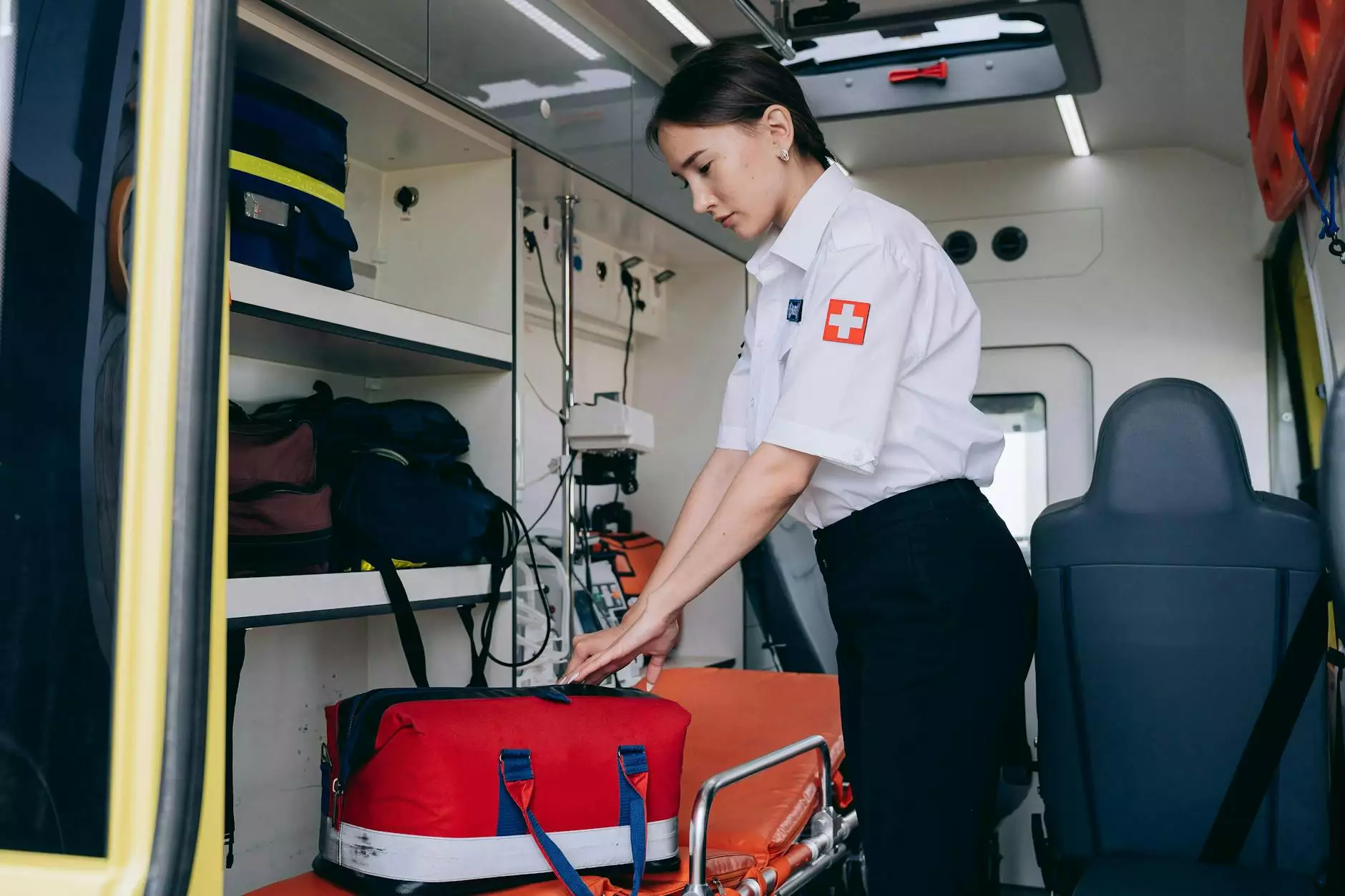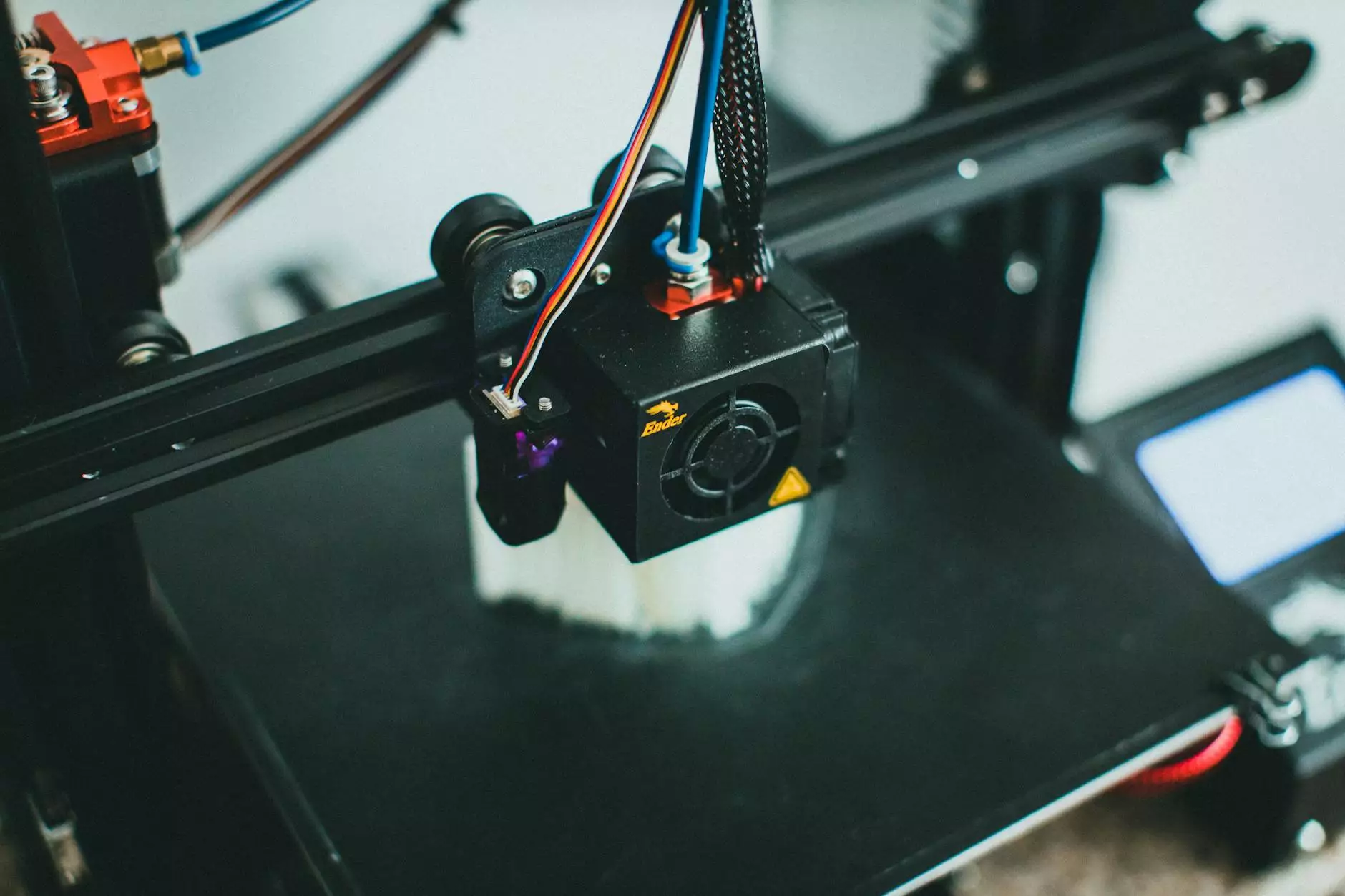Mobile Medical Vehicle Manufacturers: A Revolution in Healthcare Access

In the rapidly evolving landscape of healthcare, mobile medical vehicle manufacturers play a pivotal role in providing essential medical services to communities, especially in underserved areas. This article delves into the significance of mobile medical vehicles, the innovative technologies that empower them, and the contributions of leading manufacturers in this essential sector.
Understanding Mobile Medical Vehicles
Mobile medical vehicles are specially designed units that provide a range of health services directly to patients, eliminating barriers to care. These vehicles are equipped with advanced medical technology, diagnostic tools, and personnel capable of offering various healthcare services. From routine check-ups to emergency care, mobile medical units are transforming how medical centers operate.
The Importance of Mobile Medical Vehicles
Before diving deeper into the specifics of mobile medical vehicle manufacturers, it's important to understand why these vehicles are crucial in today’s healthcare environment:
- Accessibility: They bring healthcare services to remote and underserved populations, ensuring everyone has access to medical care.
- Cost-Effectiveness: Mobile units reduce the need for expensive permanent facilities while providing essential services.
- Flexibility: These vehicles can be rapidly deployed to respond to crises, such as natural disasters or pandemics.
- Preventative Care: With regular outreach, mobile medical units can help educate communities on health issues and preventive measures.
The Role of Mobile Medical Vehicle Manufacturers
Mobile medical vehicle manufacturers are at the forefront of designing and creating vehicles that meet the diverse needs of modern healthcare. The vehicles they produce must be reliable, efficient, and equipped with the latest medical technology. Let's explore several key aspects of their contributions:
1. Innovative Design and Engineering
Manufacturers are constantly pushing the envelope when it comes to the design and engineering of mobile medical units. Attention to detail is paramount, ensuring that the vehicles are:
- Ergonomically designed for ease of access and efficiency.
- Robust and durable, suitable for a variety of environments and climates.
- Flexible, allowing for customization according to the medical services being offered.
2. Advanced Medical Equipment and Technology
Mobile medical vehicles are equipped with cutting-edge technology. This includes telemedicine capabilities, electronic health record systems, and vital diagnostic equipment. Manufacturers collaborate with medical professionals to ensure that:
- Technical specifications meet healthcare standards.
- Vehicles have reliable power supplies for medical devices.
- Patient safety and comfort are prioritized during the design process.
3. Regulatory Compliance and Safety Standards
Ensuring that mobile medical vehicles comply with health regulations and safety standards is critical. Manufacturers must be familiar with FDA guidelines, as well as state and local regulations. This compliance guarantees that patients receive care in a safe environment. Additionally:
- Manufacturers implement features that ensure patient confidentiality and data protection.
- They provide training for healthcare personnel on how to operate equipment safely and efficiently.
The Impact of Mobile Medical Vehicle Manufacturers on Community Health
Mobile medical vehicles revolutionize healthcare delivery, leading to enhanced health outcomes in various communities. Here are some notable impacts:
1. Increased Screening and Preventative Care
Mobile health units significantly increase the number of health screenings conducted in communities. Free or low-cost services such as immunizations, cancer screenings, and health education programs reach vulnerable populations, encouraging early detection and prevention. This proactive approach can lead to:
- Reduced healthcare costs down the line.
- Improved public health awareness and education.
2. Improved Emergency Response
During emergencies, mobile medical units can be deployed quickly, providing immediate care where it's needed most. This capacity is crucial during disasters or public health emergencies, allowing medical teams to:
- Triaging patients effectively.
- Delivering care on-site to minimize delays.
3. Strengthening Healthcare Systems
By filling gaps in healthcare service provision, mobile medical vehicle manufacturers help strengthen healthcare systems. They ensure continuity of care, particularly for:
- Chronic disease management
- Behavioral health services
Leading Mobile Medical Vehicle Manufacturers in the Industry
With many players in the market, some manufacturers have distinguished themselves through exceptional service and product offerings. Here are a few notable examples:
1. Odulair
Odulair is renowned for its versatile mobile medical vehicles tailored to various specialties. Their units are equipped with advanced technology, ensuring they meet the specific needs of different healthcare providers. The company focuses on:
- Customization of vehicles based on client requirements.
- Ensuring durability and long-term service life.
2. AMR (American Medical Response)
AMR is a leader in emergency medical services and has successfully integrated mobile medical units into their operations. They emphasize:
- Efficient deployment of resources during emergencies.
- Training personnel to operate mobile units effectively.
3. GMR (Global Medical Response)
GMR is committed to innovation within mobile healthcare delivery systems. They provide a wide range of units, focusing on:
- Telehealth services to increase accessibility.
- Community-based care initiatives that promote health education.
Challenges Facing Mobile Medical Vehicle Manufacturers
While the impact of mobile medical vehicle manufacturers is significant, several challenges persist in the industry:
1. Funding and Resource Allocation
Securing funding for mobile medical units can be daunting, especially for non-profit organizations. Grants and sponsorships are essential for:
- Acquiring vehicles with advanced features.
- Maintaining ongoing operations and staffing needs.
2. Regulatory Changes
Healthcare regulations can change, requiring manufacturers to stay agile and adaptable. Keeping up with these changes involves:
- Investments in training and development for employees.
- Rethinking design and compliance standards as regulations evolve.
3. Community Engagement
Building awareness and trust within communities is vital for the success of mobile medical units. Engaging local populations requires implementing strategies that ensure:
- Consistent outreach and education about services.
- Feedback mechanisms for continuous improvement.
The Future of Mobile Medical Vehicles
The future looks promising for mobile medical vehicle manufacturers as advancements in technology continue to evolve. Here are a few anticipated trends:
1. Integration of Telehealth
As telehealth becomes increasingly prominent, mobile medical units are likely to adopt more of these technologies, enabling real-time consultations and remote monitoring.
2. Sustainable Practices
With environmental concerns at the forefront, manufacturers may focus on creating sustainable vehicles, using eco-friendly materials and technologies.
3. Enhanced Customization Options
As needs vary by community, the ability to customize vehicles will become ever more crucial, allowing healthcare providers to tailor services to their specific populations.
Conclusion
Mobile medical vehicle manufacturers are not just builders of vehicles; they are architects of change within the healthcare landscape. By increasing access, improving emergency response, and providing vital preventive care, they enhance health outcomes and bolster healthcare systems. As innovations continue to shape this industry, manufacturers like Odulair are leading the charge towards a more accessible and healthier future. For communities in need, the delivery of healthcare through mobile medical units is more than a trend; it's a necessity.
The role of these manufacturers in shaping the future of healthcare cannot be understated. They are key players in fostering a healthier population by breaking down barriers to care and ensuring that medical services are not just available but tailored to the unique needs of every community. As technology advances and the need for efficient, accessible healthcare grows, the potential of mobile medical vehicles will surely expand, reinforcing their place in the heart of healthcare delivery.









